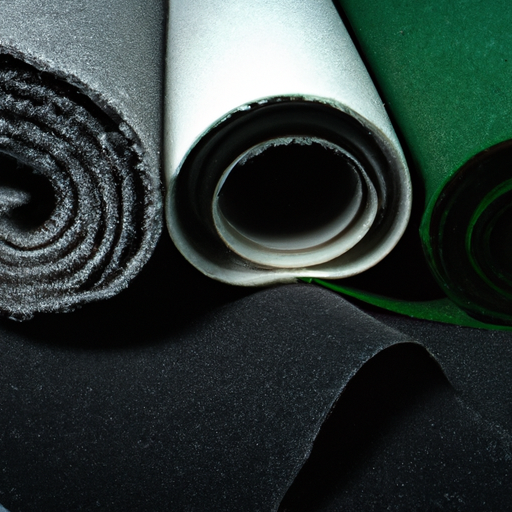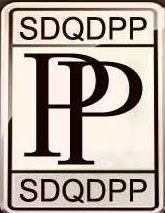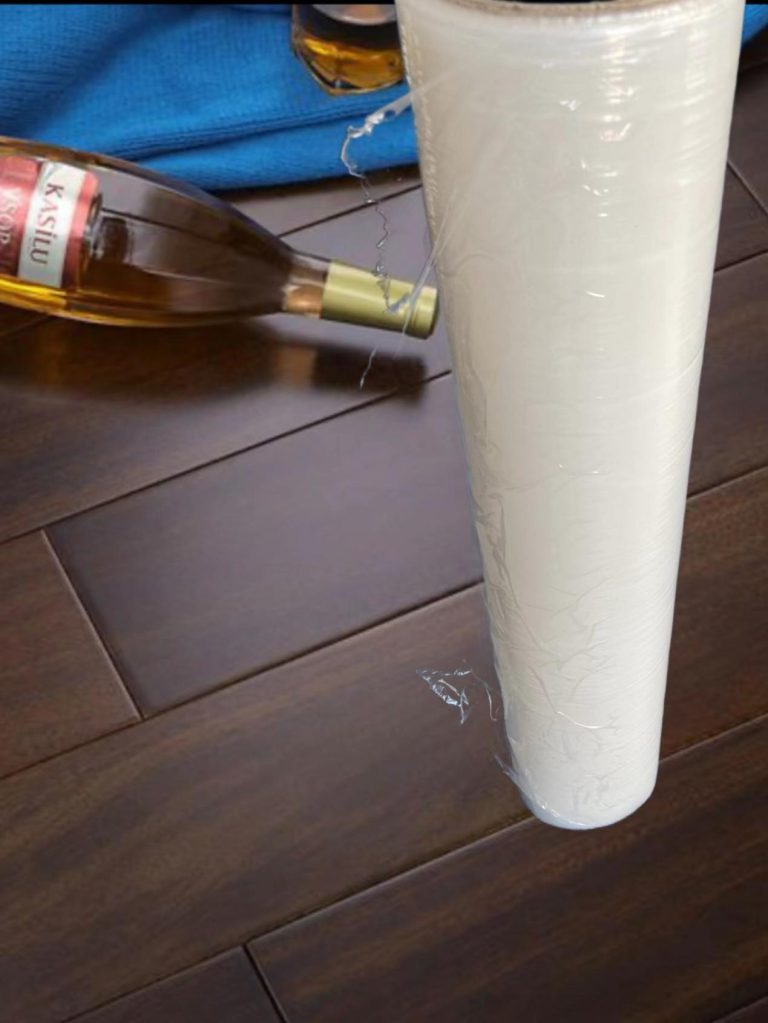Exploring the Benefits of Synthetic Polyester Fabric Bonded Felt Rolls for Industrial Applications
Synthetic polyester fabric bonded felt rolls are increasingly being used in a variety of industrial applications due to their unique properties. This type of felt is made from a combination of polyester fibers and a synthetic resin, which is then bonded together to form a strong, durable material. The resulting fabric is lightweight, flexible, and resistant to abrasion, making it an ideal choice for a variety of industrial applications.
One of the primary benefits of synthetic polyester fabric bonded felt rolls is their ability to provide superior insulation. The material is highly resistant to heat and cold, making it an ideal choice for applications where insulation is needed. This type of felt is also highly resistant to moisture, making it an ideal choice for applications where moisture can be a problem. Additionally, the material is highly resistant to chemicals, making it an ideal choice for applications where chemical exposure is a concern.
Another benefit of synthetic polyester fabric bonded felt rolls is their ability to provide superior sound absorption. The material is highly absorbent, making it an ideal choice for applications where sound dampening is needed. Additionally, the material is highly resistant to wear and tear, making it an ideal choice for applications where durability is a concern.
Finally, synthetic polyester fabric bonded felt rolls are highly cost-effective. The material is relatively inexpensive compared to other types of felt, making it an ideal choice for applications where cost is a concern. Additionally, the material is highly durable, making it an ideal choice for applications where longevity is a concern.
In conclusion, synthetic polyester fabric bonded felt rolls offer a variety of benefits for industrial applications. The material is lightweight, flexible, and resistant to abrasion, making it an ideal choice for applications where insulation, sound absorption, and durability are a concern. Additionally, the material is highly cost-effective, making it an ideal choice for applications where cost is a concern. For these reasons, synthetic polyester fabric bonded felt rolls are becoming increasingly popular for a variety of industrial applications.
How Chinese Factories are Revolutionizing the Production of Synthetic Polyester Fabric Bonded Felt Rolls
The production of synthetic polyester fabric bonded felt rolls has been revolutionized by Chinese factories in recent years. This is due to the introduction of advanced technologies and processes that have enabled the production of high-quality felt rolls at a fraction of the cost of traditional methods.
The process of producing synthetic polyester fabric bonded felt rolls begins with the selection of the raw materials. The most commonly used materials are polyester fibers, which are then combined with other materials such as cotton, wool, and rayon to create the desired fabric. The fabric is then cut into strips and bonded together using a special adhesive. This process is known as “bonding” and is used to create a strong bond between the fibers and the fabric.
Once the fabric is bonded, it is then rolled onto a large spool and cut into the desired size and shape. The felt rolls are then inspected for quality and any defects are corrected before they are packaged and shipped to customers.
Chinese factories have been able to reduce the cost of producing synthetic polyester fabric bonded felt rolls by utilizing advanced technologies such as computer-controlled cutting machines and automated inspection systems. These technologies have enabled the factories to produce felt rolls with greater accuracy and consistency, resulting in higher quality products.
In addition, Chinese factories have also been able to reduce the cost of production by utilizing more efficient production processes. For example, they have been able to reduce the amount of time required to produce a single roll of felt by utilizing automated processes such as automated cutting and bonding. This has enabled them to produce more rolls in a shorter amount of time, resulting in lower costs and higher profits.
Overall, Chinese factories have revolutionized the production of synthetic polyester fabric bonded felt rolls by utilizing advanced technologies and efficient production processes. This has enabled them to produce high-quality felt rolls at a fraction of the cost of traditional methods, resulting in greater profits for the factories and lower prices for customers.
Analyzing the Cost-Effectiveness of Outsourcing Synthetic Polyester Fabric Bonded Felt Rolls to Chinese Factories
The cost-effectiveness of outsourcing synthetic polyester fabric bonded felt rolls to Chinese factories is an important consideration for many businesses. In recent years, the cost of production in China has decreased significantly, making it an attractive option for companies looking to reduce their production costs. This article will analyze the cost-effectiveness of outsourcing synthetic polyester fabric bonded felt rolls to Chinese factories.
The primary cost savings associated with outsourcing production to China are labor costs. Chinese labor costs are significantly lower than those in other countries, making it an attractive option for companies looking to reduce their production costs. Additionally, Chinese factories often have access to cheaper raw materials, which can further reduce production costs. Furthermore, Chinese factories often have access to advanced production technologies, which can help to reduce production time and increase efficiency.
However, there are some potential drawbacks to outsourcing production to China. For example, there is a risk of quality control issues, as Chinese factories may not adhere to the same standards as factories in other countries. Additionally, there is a risk of intellectual property theft, as Chinese factories may not be as stringent in protecting intellectual property rights as factories in other countries. Finally, there is a risk of delays in production, as Chinese factories may not be able to meet the same production deadlines as factories in other countries.
Overall, outsourcing synthetic polyester fabric bonded felt rolls to Chinese factories can be a cost-effective option for many businesses. The primary cost savings associated with outsourcing production to China are labor costs, access to cheaper raw materials, and access to advanced production technologies. However, there are some potential drawbacks to outsourcing production to China, such as quality control issues, intellectual property theft, and delays in production. Companies should carefully consider the potential risks and benefits of outsourcing production to China before making a decision.

